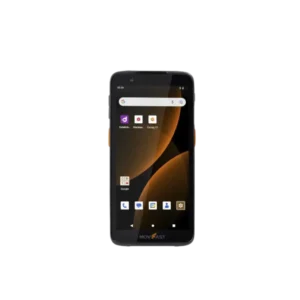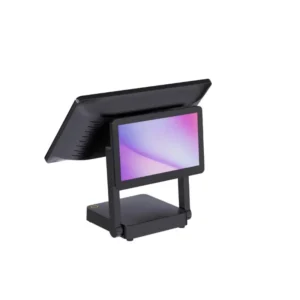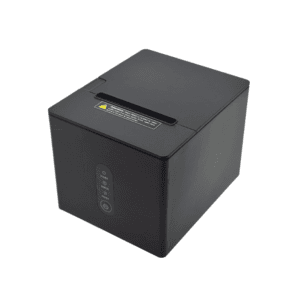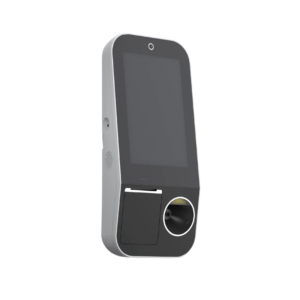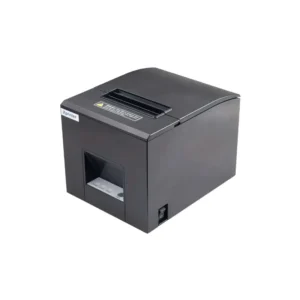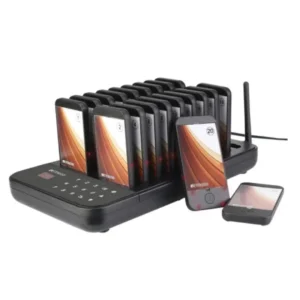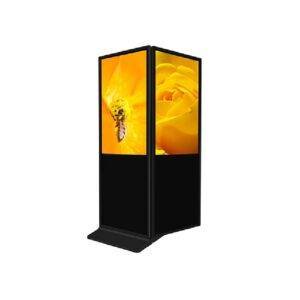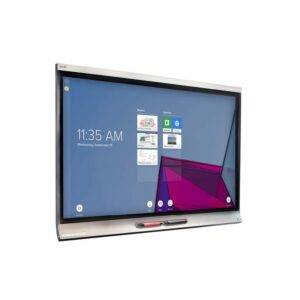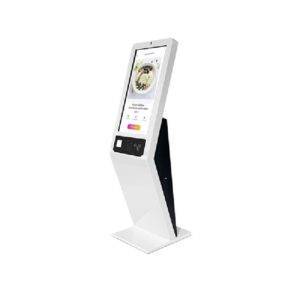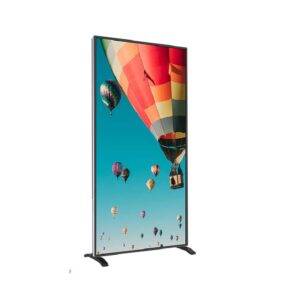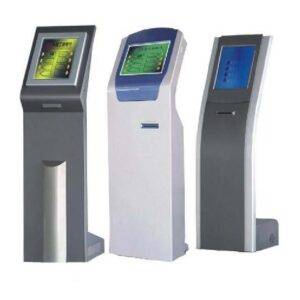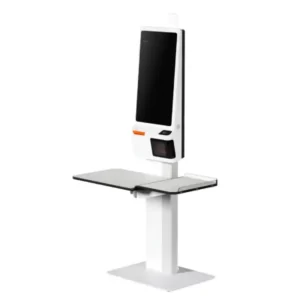Kiosk Display / Digital Billboard
Showing all 8 results
-
Computer Accessories
Digital Signage Display
-
Computer Accessories
Digital Whiteboard
-
Computer Accessories
Indoor Touch Kiosk Display
-
Computer Accessories
Outdoor Digital Signage Display
-
Computer Accessories
Queue Management System
-
Kiosk Display / Digital Billboard
Sunmi K2 Android Touch Kiosk
-
Kiosk Display / Digital Billboard
Sunmi K2 MINI Android Touch Kiosk
-
Computer Accessories
TOPWISE SK210: Innovative Android Smart Mini Kiosk
What Is a Kiosk Display?
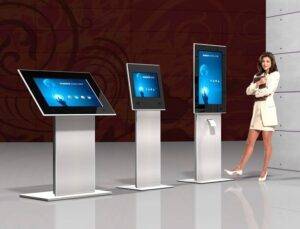
A kiosk is a digital display or small structure that businesses place in high-traffic areas to provide information or offer self-service options, often incorporating an interactive display screen. In today’s fast-paced environment, kiosks offer a great opportunity to improve store functions and customer experience. Throughout this article, we will look at the different types of kiosks, how they can improve your business, and how real-life companies are implementing kiosks into their business operations.
Types of Kiosk Display
Back in the day, kiosks used to be limited to the digital directories you find in malls and big-box stores. Today, however, there are many more types of kiosks that you can choose from based on the utility you want them to bring to your business. They all offer something unique, and in general, there are two buckets that they fall into: interactive or non-interactive.
Interactive Kiosks
Interactive kiosks are ones that customers can engage with and are not static. Many business types use interactive kiosks, including retailers, restaurants, service businesses, and destinations like malls and airports. Interactive kiosks can help customers with wayfinding and navigation, self-service ordering or check-in, making purchases, or even providing internet access.
Wayfinding Kiosks
As we mentioned earlier, this type is often what comes to mind when people think of a kiosk. Wayfinding kiosks help customers find their way through your space and include directories, maps, and directional displays.
Whereas wayfinding kiosks used to be static, today you typically find ones with a touch-screen feature that shoppers can use to search or explore your map. Wayfinding kiosks are most often found in malls and big box stores where customers are at risk of getting lost, losing their orientation in your space, or not being able to find what they are searching for without assistance.
Self-service Kiosks
Another popular type of interactive kiosk is the self-service kiosk. Customers can use this to perform shopping activities themselves, without having to recruit or wait on the assistance of a store associate. This is increasingly preferable among customers as it cuts down on wait times and gives customers control over their shopping experience. It can even help to boost your sales.
In fact, according to a study from The Insight Partners, the revenue from self-service kiosks is growing quickly year over year and is projected to hit $14 billion in 2022, up from under $10 billion in 2017.
Self-service kiosks are found in a variety of industries, including restaurants, hotels, groceries, and convenience stores.
Shoppable Kiosks
The next type of interactive kiosk we will look at is shoppable kiosks or kiosks that customers can use to browse merchandise and make purchases. In general, there are two types of shoppable kiosks: vending and product catalog kiosks.
Product Kiosks
One of the most common types of non-interactive kiosks that you will come across is the product kiosk, which is specifically used to showcase a new product. These are great for creating hype around a new item, giving customers information, and gleaning customer reactions to your ideas.
Product kiosks are typically used in retail businesses; however, you will also see restaurants and hospitality businesses using them to advertise their new products and services.
Promotional Kiosks
The final kind of non-interactive kiosk we will look at is the promotional kiosk—which, as you might have guessed from its name, is used to display information about your promotions or events. Unlike product and information kiosks, promotional kiosks should be located either in your store or in the immediate vicinity. If it is able to draw people’s attention and pique their interest in your sale, the last thing you want is to create too much inertia by placing too much distance between the event and the ad.
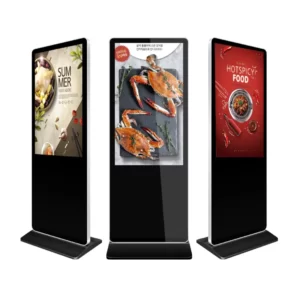
Benefits of Kiosk Display
Now that we have reviewed all the types of kiosks, it’s time to answer the question of why you might use them in the first place. They are an investment, after all, whether you are buying the kiosk or just renting its ad space. So, let’s take a look at why they are worth it.
Improve Store Operations
Kiosks can fill a number of roles in your store that will help improve its operation and make things easier for you. Whether they are speeding customers through the ordering process, sharing important information, or helping customers find their way through your space, kiosks offer an automated solution to improve store operations.
Cut Down on Customer Frustrations
With the modern customer placing more and more emphasis on convenience, incorporating kiosks into your store will help empower shoppers and improve their experience by
Giving them self-service options for things like ordering food, checking into their stay, or printing services so that they can do things on their own time and avoid waiting time
Keeping important information at their fingertips
Empowering them to find things in their store without having to search for assistance
Putting internet services at their disposal
Fill Staffing Holes
As we all know, staffing has become an increasingly daunting challenge for businesses in the post-COVID-19 world. In fact, according to an April 2021 survey by the National Restaurant Association, 84% of operators said their staffing was lower than the industry standard. Not only that, but the Square 2022 Future of Restaurants Report found that for restaurants reporting labor shortages, 21% of their positions are unfilled.
While you could continue down the traditional hiring path, incorporating kiosks into your business might actually be the wisest route. In 2021, 36% of restaurant businesses chose to upgrade their tech during the hiring desert, and 62% of restaurants said that automation would fill critical gaps in managing their establishments and helping customers.
Save Costs
Interactive kiosks can be used in place of staff. Since you don’t have to pay a kiosk a salary, you’ll save a good amount of money. Also, since kiosks can provide your customers with answers to many of their buying concerns, you can focus your labor costs on sales professionals to further increase your total sales volume. Moreover, opting for a kiosk instead of a traditional retail space will keep your rent and overhead costs down while you still benefit from increased visibility.
Increase Reach
Since kiosks are often placed at strategic locations beyond your physical storefront, you’ll be able to reach more potential customers. This helps expand your customer base, which ultimately increases your company’s ability to sell more products.

